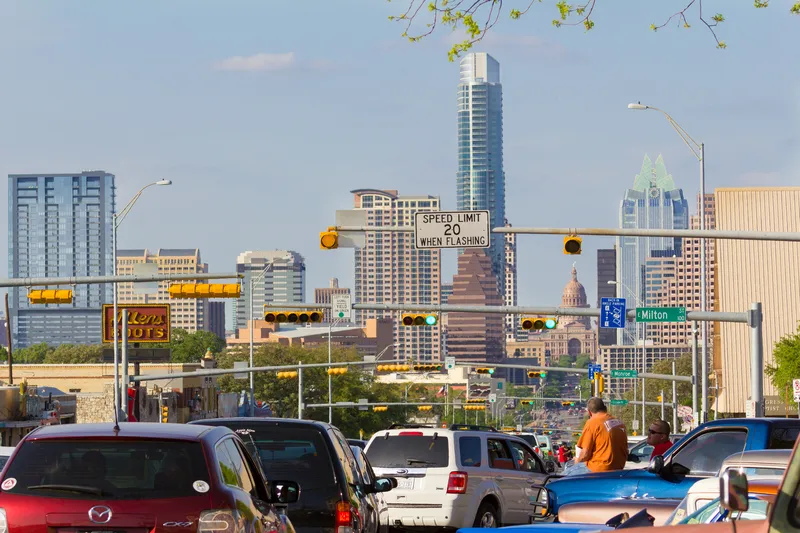Eliminating tolls on state highways throughout Texas would be prohibitively expensive, state legislators who are considering such a plan have learned, says the National Council for Public-Private Partnerships.
Texas Department of Transportation (TxDOT) undertook research how much it would take to eliminate the highways for which it is responsible. It estimates the price of removing tolls on those highways would be at least US$24.2 billion and would increase over time, TxDOT executive director James Bass
September 12, 2016
Read time: 2 mins
Eliminating tolls on state highways throughout Texas would be prohibitively expensive, state legislators who are considering such a plan have learned, says the National Council for Public-Private Partnerships.
375 Texas Department of Transportation (TxDOT) undertook research how much it would take to eliminate the highways for which it is responsible. It estimates the price of removing tolls on those highways would be at least US$24.2 billion and would increase over time, TxDOT executive director James Bass told lawmakers in late August, reported the Houston Chronicle.
The department’s cost estimate is based on the state’s outstanding debt and the additional costs of buying back bonds that were sold by 2016 to build toll roads. The final cost of ending tolls is subject to change, however, based on when the highways are paid off and the amount of additional accrued interest the state owes.
Eliminating tolls on the Grand Parkway alone through a single payment at the beginning of 2017 would cost about US$3.6 billion, roughly US$400 million more than the state paid to develop the project, said Bass.
Despite widespread complaints from motorists about the cost of using the toll roads, traffic on them is increasing rapidly. By the end of the 2016 fiscal year, the state had collected US$54.2 million in tolls, US$19.2 million more than TxDOT had estimated.
Meanwhile, new toll lanes along Texas 249 and a direct connection with the Sam Houston Tollway are said to have improved travel times.
The state could find it difficult to allocate the money to end tolls in any case. Voters recently approved new expenditures of up to US$3 billion for state highway projects but none of it can be spent to build or eliminate toll roads.
The department’s cost estimate is based on the state’s outstanding debt and the additional costs of buying back bonds that were sold by 2016 to build toll roads. The final cost of ending tolls is subject to change, however, based on when the highways are paid off and the amount of additional accrued interest the state owes.
Eliminating tolls on the Grand Parkway alone through a single payment at the beginning of 2017 would cost about US$3.6 billion, roughly US$400 million more than the state paid to develop the project, said Bass.
Despite widespread complaints from motorists about the cost of using the toll roads, traffic on them is increasing rapidly. By the end of the 2016 fiscal year, the state had collected US$54.2 million in tolls, US$19.2 million more than TxDOT had estimated.
Meanwhile, new toll lanes along Texas 249 and a direct connection with the Sam Houston Tollway are said to have improved travel times.
The state could find it difficult to allocate the money to end tolls in any case. Voters recently approved new expenditures of up to US$3 billion for state highway projects but none of it can be spent to build or eliminate toll roads.









